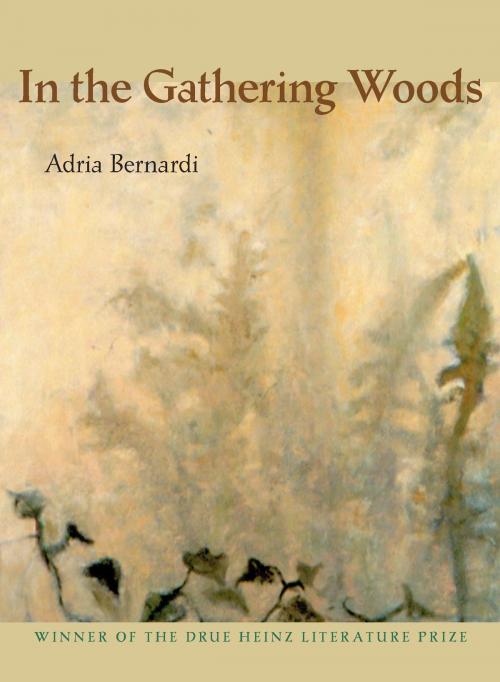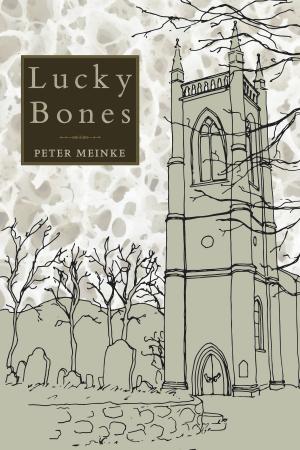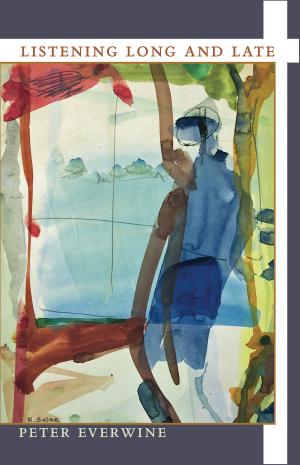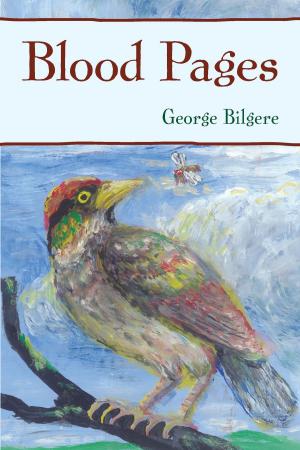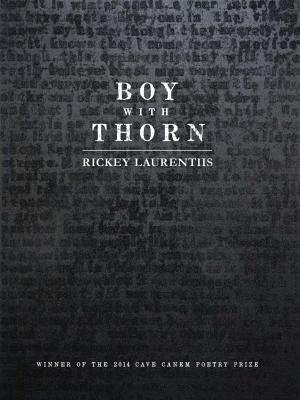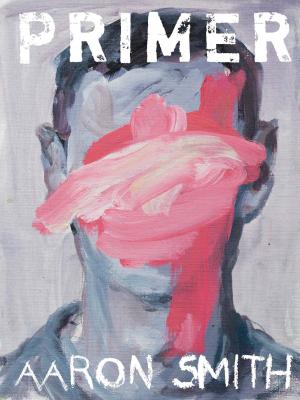| Author: | Adria Bernardi | ISBN: | 9780822978749 |
| Publisher: | University of Pittsburgh Press | Publication: | October 15, 2000 |
| Imprint: | University of Pittsburgh Press | Language: | English |
| Author: | Adria Bernardi |
| ISBN: | 9780822978749 |
| Publisher: | University of Pittsburgh Press |
| Publication: | October 15, 2000 |
| Imprint: | University of Pittsburgh Press |
| Language: | English |
2000 Drue Heinz Literature Prize Winner
Selected by Frank Conroy
In the Gathering Woods contains a cast of characters who hail from the same Italian ancestors, but whose stories come at us unbounded by time and space. The book opens early in the twentieth century, with a narrator’s boyhood recollections of gathering mushrooms with his grandfather—a narrator who seems still haunted by a terrifying local legend that tormented him as a boy. We skip backward to a young shepherd-artist in the Apennine mountains in the 1500s, who yearns to be discovered, as Giotto was. Later, a preverbal baby accumulates bits of the conversation carried on by adults at the table above her head; a neurologist from Chicago returns to the Apennines to deposit shards of glass at a grave.
Whether they speak in the lost dialect of an immigrant, of infancy, or of an adolescent girl’s school lessons, these stories call up fragments of language in a struggle to understand and attempt to console through the act of reassembling. The language of these stories is both lyrical and comic, providing insight through the details of Bernardi’s writing.
2000 Drue Heinz Literature Prize Winner
Selected by Frank Conroy
In the Gathering Woods contains a cast of characters who hail from the same Italian ancestors, but whose stories come at us unbounded by time and space. The book opens early in the twentieth century, with a narrator’s boyhood recollections of gathering mushrooms with his grandfather—a narrator who seems still haunted by a terrifying local legend that tormented him as a boy. We skip backward to a young shepherd-artist in the Apennine mountains in the 1500s, who yearns to be discovered, as Giotto was. Later, a preverbal baby accumulates bits of the conversation carried on by adults at the table above her head; a neurologist from Chicago returns to the Apennines to deposit shards of glass at a grave.
Whether they speak in the lost dialect of an immigrant, of infancy, or of an adolescent girl’s school lessons, these stories call up fragments of language in a struggle to understand and attempt to console through the act of reassembling. The language of these stories is both lyrical and comic, providing insight through the details of Bernardi’s writing.
